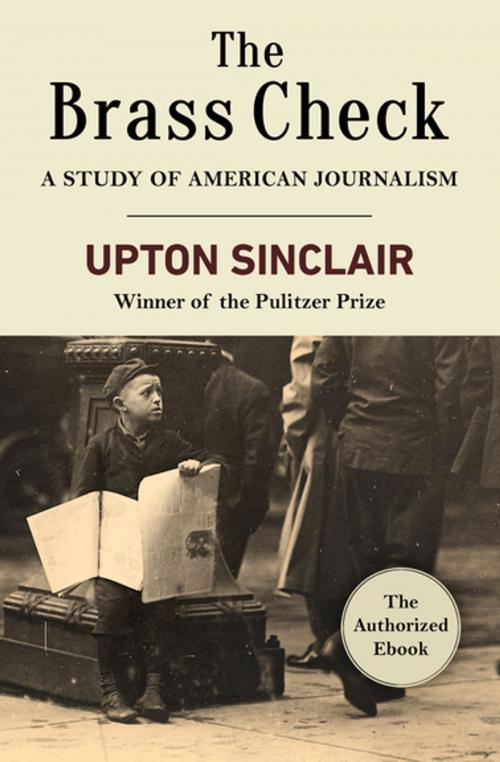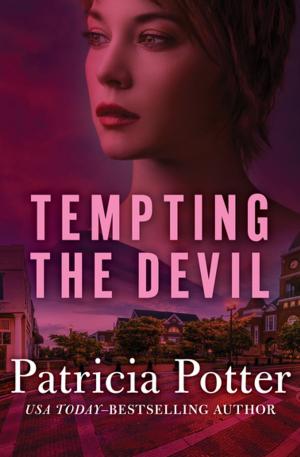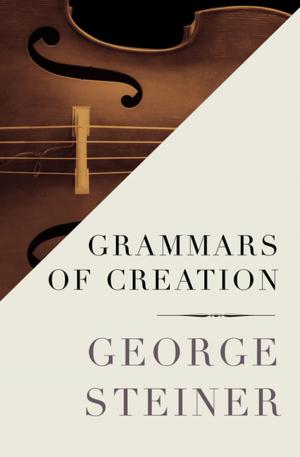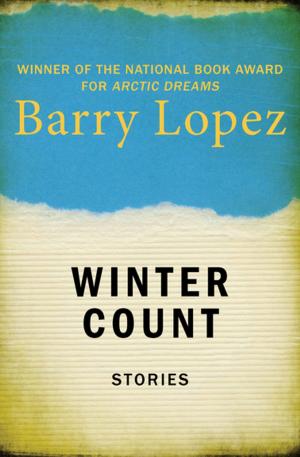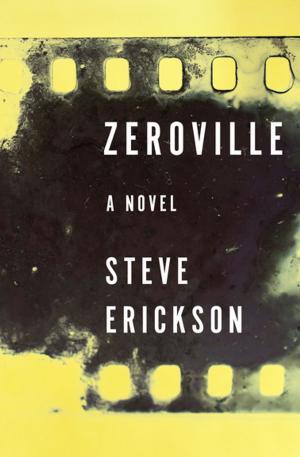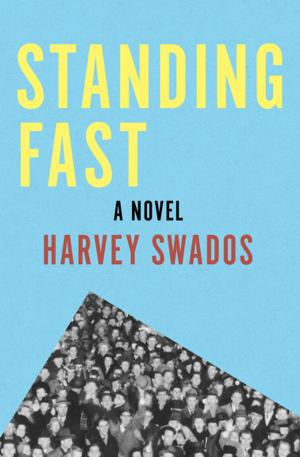The Brass Check
A Study of American Journalism
Business & Finance, Industries & Professions, Industries, Nonfiction, History, Americas, United States, 20th Century, Social & Cultural Studies, Political Science| Author: | Upton Sinclair | ISBN: | 9781504026116 |
| Publisher: | Open Road Media | Publication: | December 15, 2015 |
| Imprint: | Open Road Media | Language: | English |
| Author: | Upton Sinclair |
| ISBN: | 9781504026116 |
| Publisher: | Open Road Media |
| Publication: | December 15, 2015 |
| Imprint: | Open Road Media |
| Language: | English |
A muckraking exposé of corruption in American journalism from the Pulitzer Prize–winning author of The Jungle
Upton Sinclair dedicated his life to documenting the destructive force of unbridled capitalism. In this influential study, he takes on the effect of money and power on mass media, arguing that the newspapers, magazines, and wire services of the Progressive era formed “a class institution serving the rich and spurning the poor.”
In the early twentieth century, a “brass check” was a token purchased by brothel patrons. By drawing a comparison between journalists and prostitutes, Sinclair highlights the total control publishers such as William Randolph Hearst exerted over their empires. Reporters and editors were paid to service the financial and political interests of their bosses, even if that meant misrepresenting the facts or outright lying. Sinclair documents specific cases, including the Ludlow Massacre of 1914 and the Red Scare whipped up by Hearst’s New York Journal and other newspapers, in which major news outlets ignored the truth in favor of tabloid sensationalism.
Sinclair considered The Brass Check to be his most important and most dangerous book. Nearly a century later, his impassioned call for reform is timelier than ever.
This ebook has been authorized by the estate of Upton Sinclair.
A muckraking exposé of corruption in American journalism from the Pulitzer Prize–winning author of The Jungle
Upton Sinclair dedicated his life to documenting the destructive force of unbridled capitalism. In this influential study, he takes on the effect of money and power on mass media, arguing that the newspapers, magazines, and wire services of the Progressive era formed “a class institution serving the rich and spurning the poor.”
In the early twentieth century, a “brass check” was a token purchased by brothel patrons. By drawing a comparison between journalists and prostitutes, Sinclair highlights the total control publishers such as William Randolph Hearst exerted over their empires. Reporters and editors were paid to service the financial and political interests of their bosses, even if that meant misrepresenting the facts or outright lying. Sinclair documents specific cases, including the Ludlow Massacre of 1914 and the Red Scare whipped up by Hearst’s New York Journal and other newspapers, in which major news outlets ignored the truth in favor of tabloid sensationalism.
Sinclair considered The Brass Check to be his most important and most dangerous book. Nearly a century later, his impassioned call for reform is timelier than ever.
This ebook has been authorized by the estate of Upton Sinclair.
